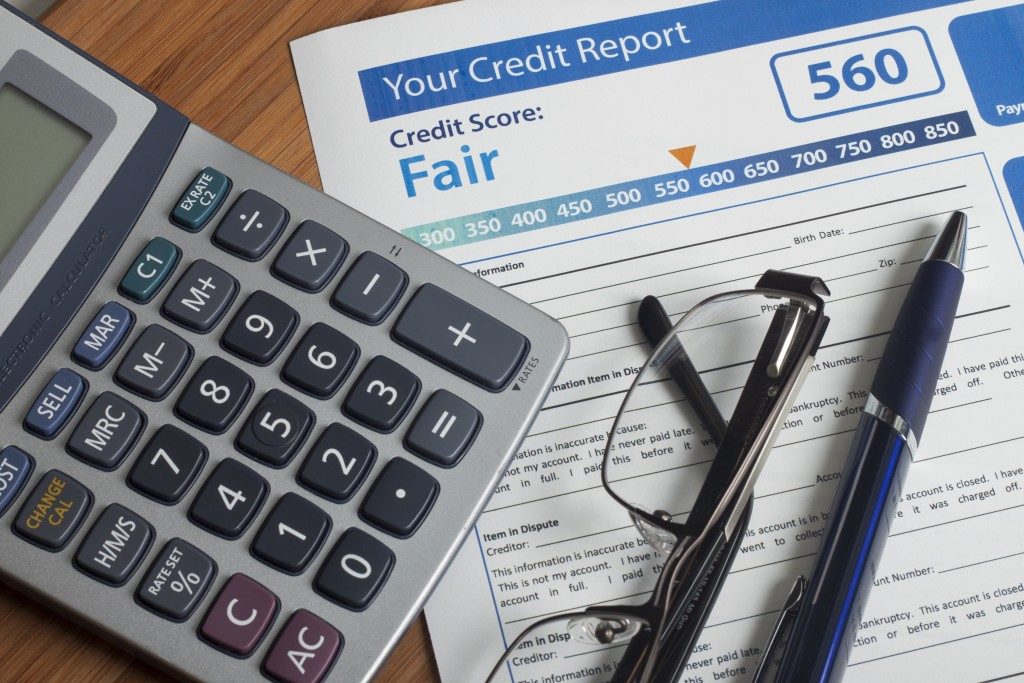It does not take an expert to realize that excellent credit is key to qualifying for the best mortgage rate in Utah, New Mexico, Colorado, Nevada, or anywhere else in America. Of all of your credentials, high FICO scores are the most instrumental in negotiating for better loan terms. Stable employment, decent income, and adequate asset reserves matter too, but they lose some of their appeal with questionable creditworthiness.
You can get a free copy of your credit reports from Experian, Equifax, and TransUnion occasionally. However, learning about your three-digit FICO scores can cost you some money.
If you want to know where your credit stands without paying cash to minimize your out-of-pocket expenses, there are ways to gauge how creditworthy you are. Ask yourself these vital questions:
How Often Do Pay Your Bills on Time?
Above all, be particular about your payment histories. In FICO’s book, punctuality is the most admirable trait of any consumer. The credit-scoring giant is more willing to forgive you for not settling the outstanding balance of your bill than for being past due on a credit account.
Fortunately, not all late payments appear on your credit reports. Only those that are past due for at least 30 days are reported negatively to credit bureaus. As long as you pay just the minimum balance of your bill, you are in the clear.
How Indebted Are You?
FICO wants you to acquire debt but not that much. When it comes to plastic, the highest credit utilization rate that does not reduce credit scores is 30%. Stay below that number both on the per-card and the total credit usage levels.
But then again, paying down what you owe remain below the threshold does not reduce your FICO scores immediately. You should be mindful of the date when your credit card issuer might update your balance information every 30 days at the end of every billing cycle. As a result, you might only see the gains of paying down your credit card debt after a few weeks.
How Old Is Your Oldest Active Credit Account?

The longevity of your active accounts is also an impactful credit score factor. FICO considers the number of your accounts you have and averages their ages. The higher the number is, the more responsible and experienced you seem to FICO.
For this reason, you should not close an old credit account as much as possible, especially when its payment history is positive. Also, you should not open too many accounts at once, for it can knock a lot of points off your FICO scores.
How Many Types of Credit Do You Have?
Balanced credit mix can suggest that you can manage different bills properly. If you have some credit cards and college debt, you are handling revolving lines of credit and an installment loan. Paying your bills on time consistently, and your FICO scores should go up accordingly.
Knowing the answers to the said questions does not mean you should no longer review your credit reports. Make sure all of your good financial behaviors are reported to the credit bureaus, and dispute errors that hurt your creditworthiness to enter mortgage negotiation with the highest FICO scores possible.



